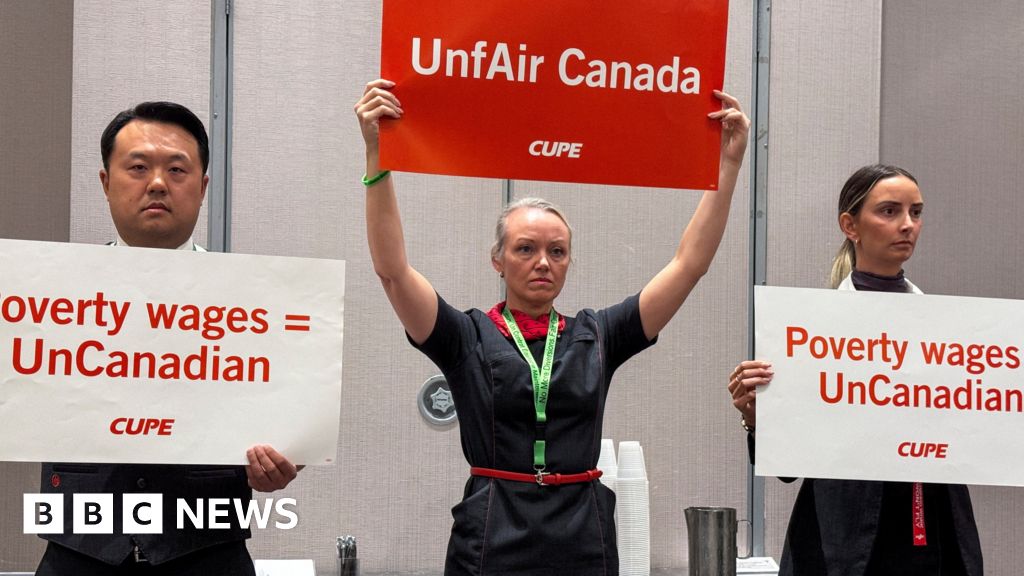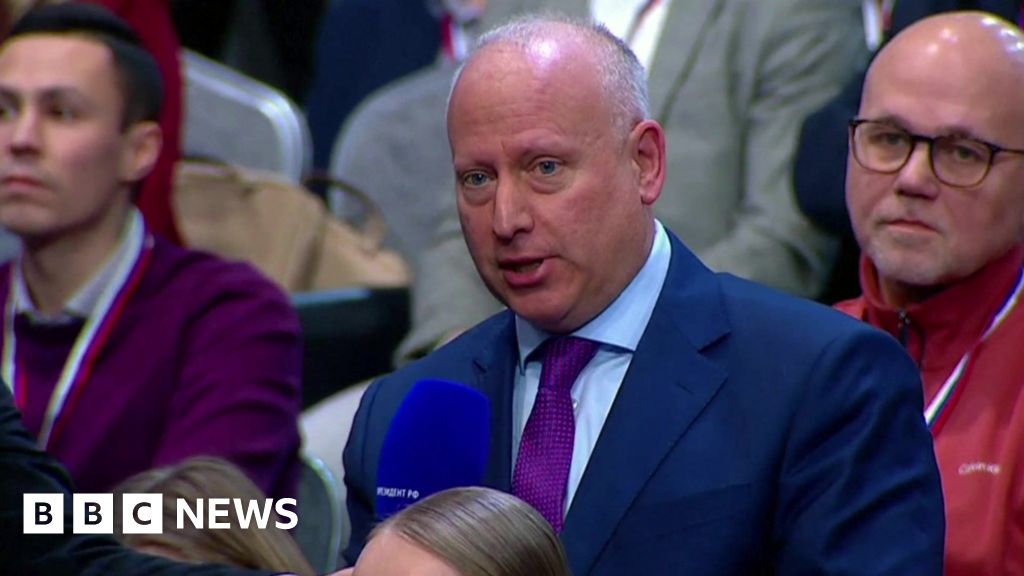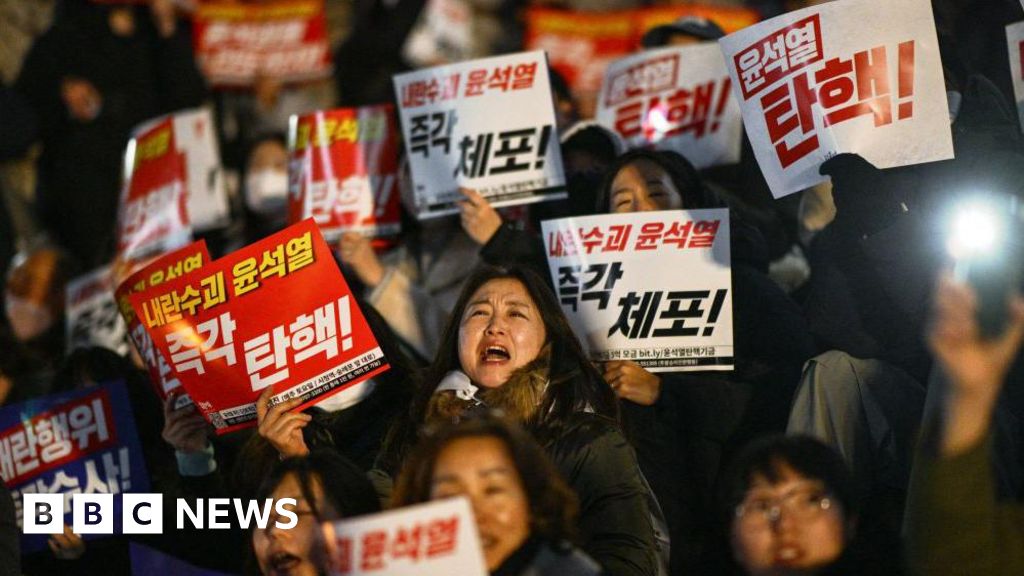
The Canadian government has intervened in the Air Canada strike, forcing both parties to the bargaining table as hundreds of flights were suspended this weekend.
Jobs Minister Patty Hajdu ordered binding arbitration between the airline and the Canadian Union of Public Employees (Cupe), which represents more than 10,000 Air Canada flight attendants, hours after a strike began on Saturday morning.
“Despite significant supports from the government, these parties have been unable to resolve their differences in a timely manner,” Hadju said in a statement, adding that “stability and supply chains” must be preserved.
The country’s largest carrier says the strike will affect around 500 flights a day.
Hadju invoked Section 107 of the Canada Labour Code to bring the parties to the table.
In a statement on X, Cupe said Canada’s Liberal Party was “violating our charter rights” and the intervention “sets a terrible precedent”.
The airline said it had suspended all flights, including those under its budget arm Air Canada Rouge, and advised affected customers not to travel to the airport unless with a different airline.
Air Canada said this would disrupt travel plans for around 130,000 passengers a day.
Its flight attendants are calling for higher salaries and to be paid for work when aircraft are on the ground.
The strike took effect at 00:58 EDT (04:58 GMT) on Saturday, though Air Canada began scaling back its operations before then.
Flight attendants will picket at major Canadian airports, where passengers were trying to secure new bookings earlier in the week.
Air Canada, which flies directly to 180 cities worldwide, said it had “suspended all operations” and that it was “strongly advising affected customers not to go to the airport”.
It added that Air Canada Jazz, PAL Airlines and Air Canada Express flights were unaffected.
“Air Canada deeply regrets the effect the strike is having on customers,” it said.
By Friday night, the airline said it had cancelled 623 flights affecting more than 100,000 passengers, as part of a winding down of operations ahead of the strike.
In contract negotiations, the airline said it had offered flight attendants a 38% increase in total compensation over four years, with a 25% raise in the first year.
Cupe said the offer was “below inflation, below market value, below minimum wage” and would still leave flight attendants unpaid for some hours of work, including boarding and waiting at airports ahead of flights.
The union and the airline have publicly traded barbs about each other’s willingness to reach an agreement.
Earlier this month, 99.7% of employees represented by the union voted for a strike.
Cupe has asserted that it had been negotiating in good faith for more than eight months, but that Air Canada instead sought government-directed arbitration.
“When we stood strong together, Air Canada didn’t come to the table in good faith,” the union said in a statement to its members. “Instead, they called on the federal government to step in and take those rights away.”



